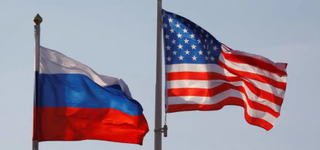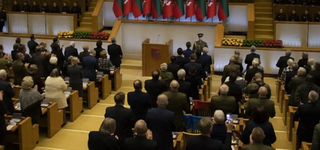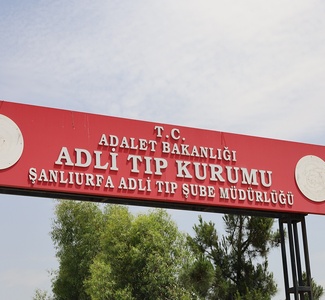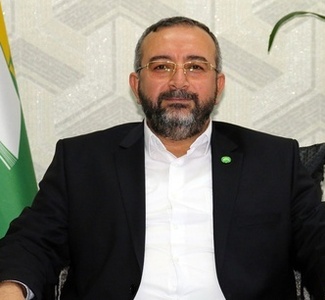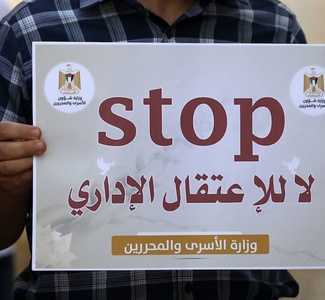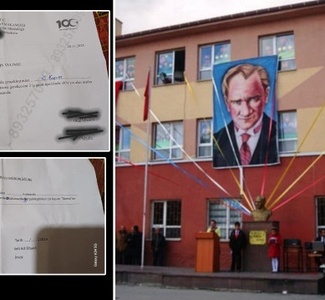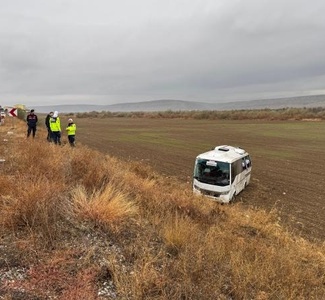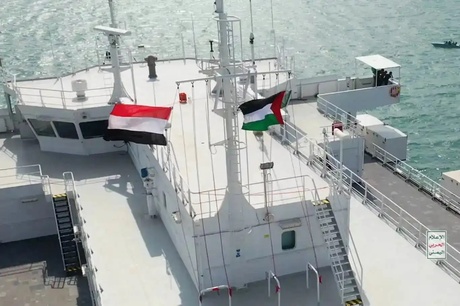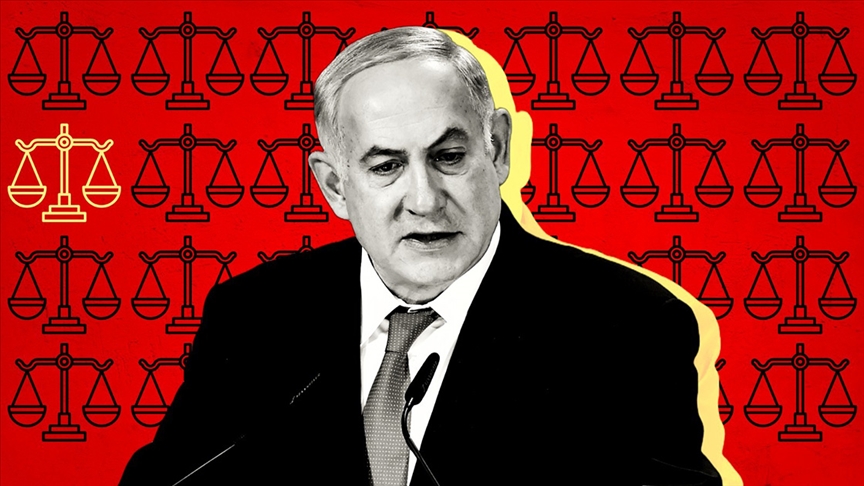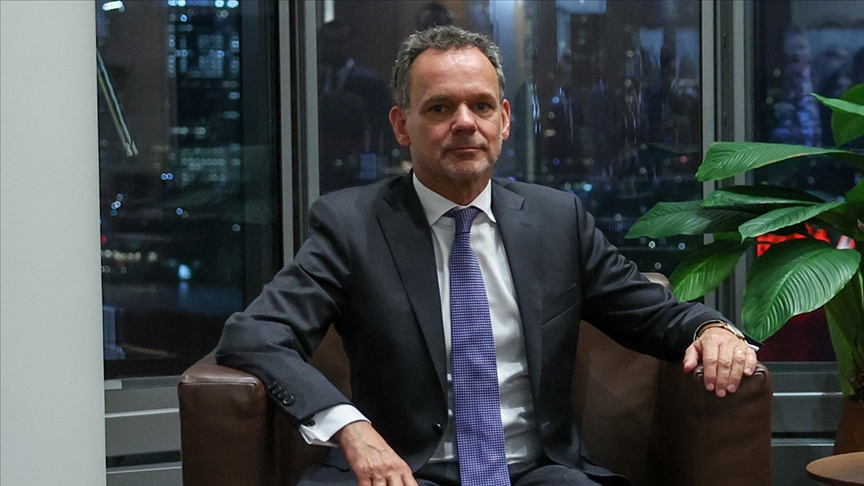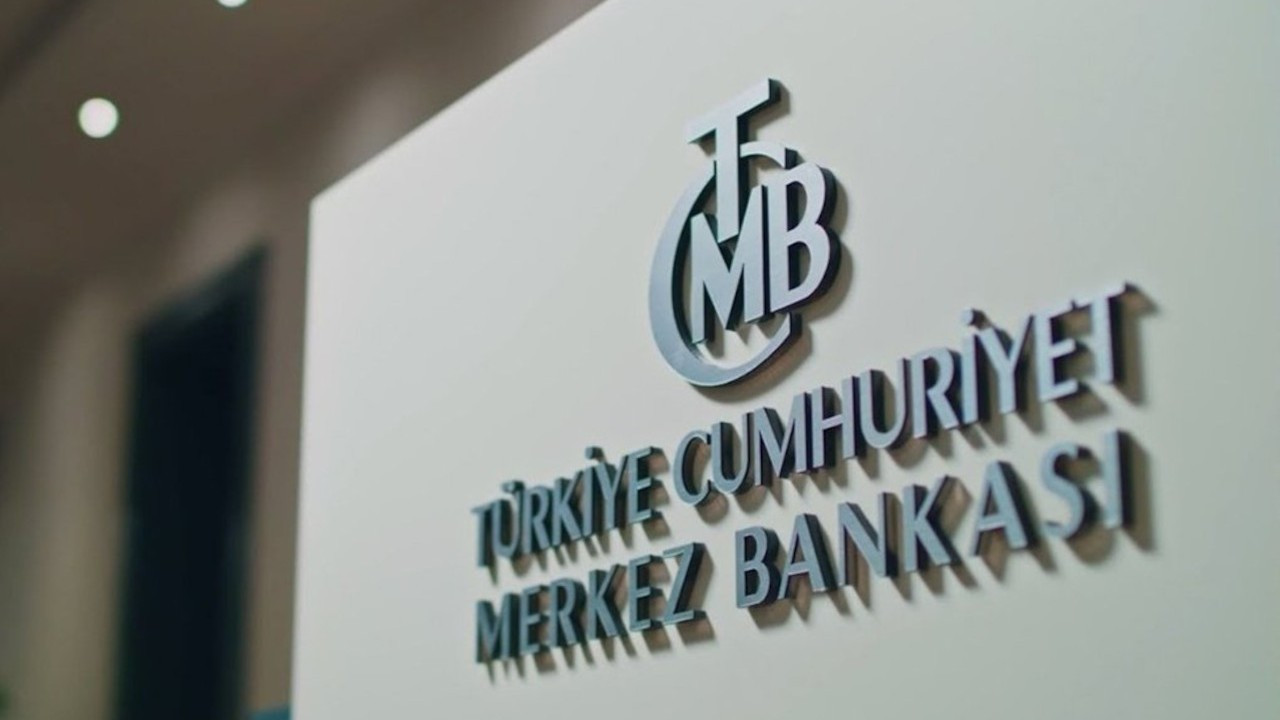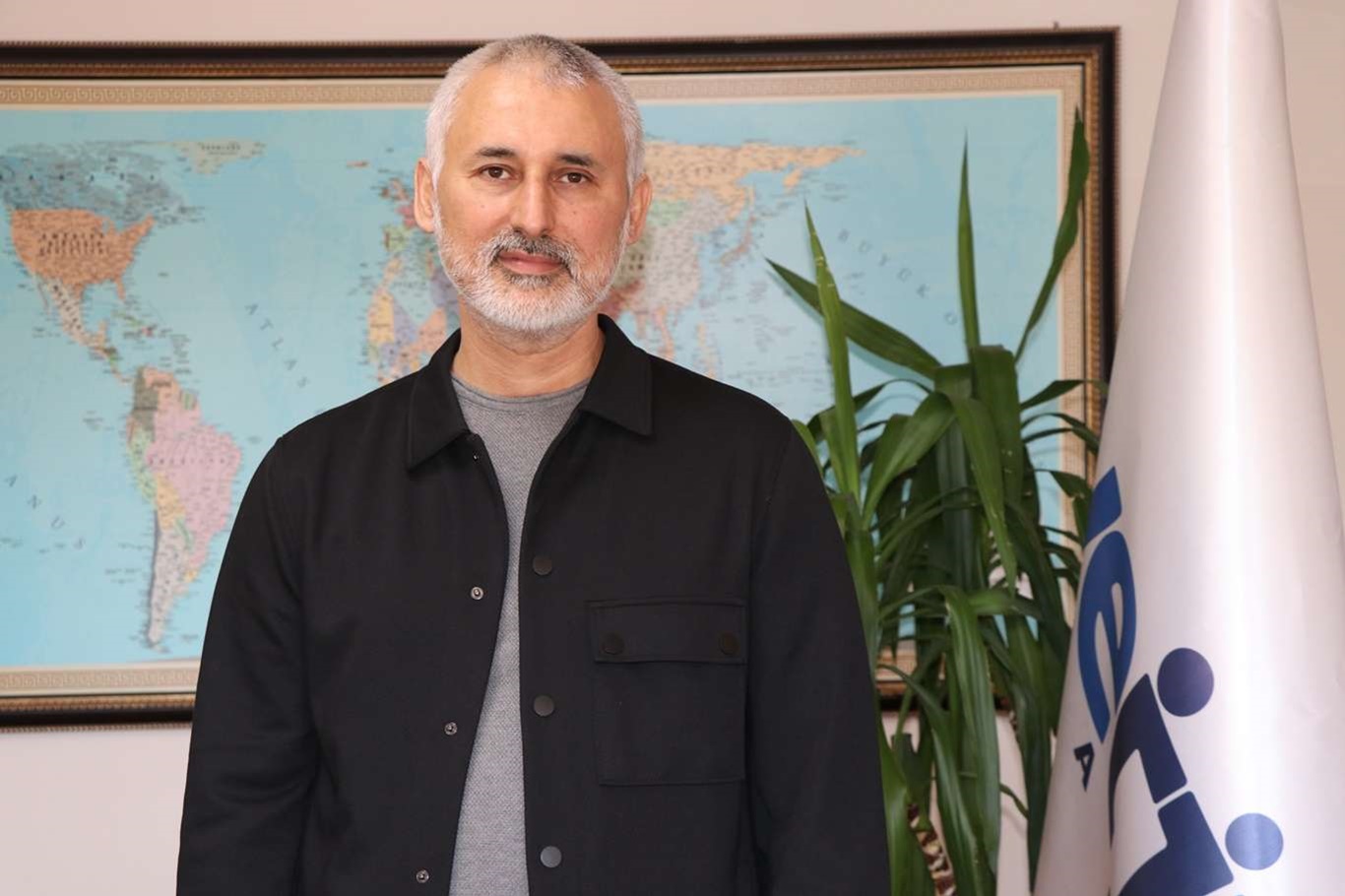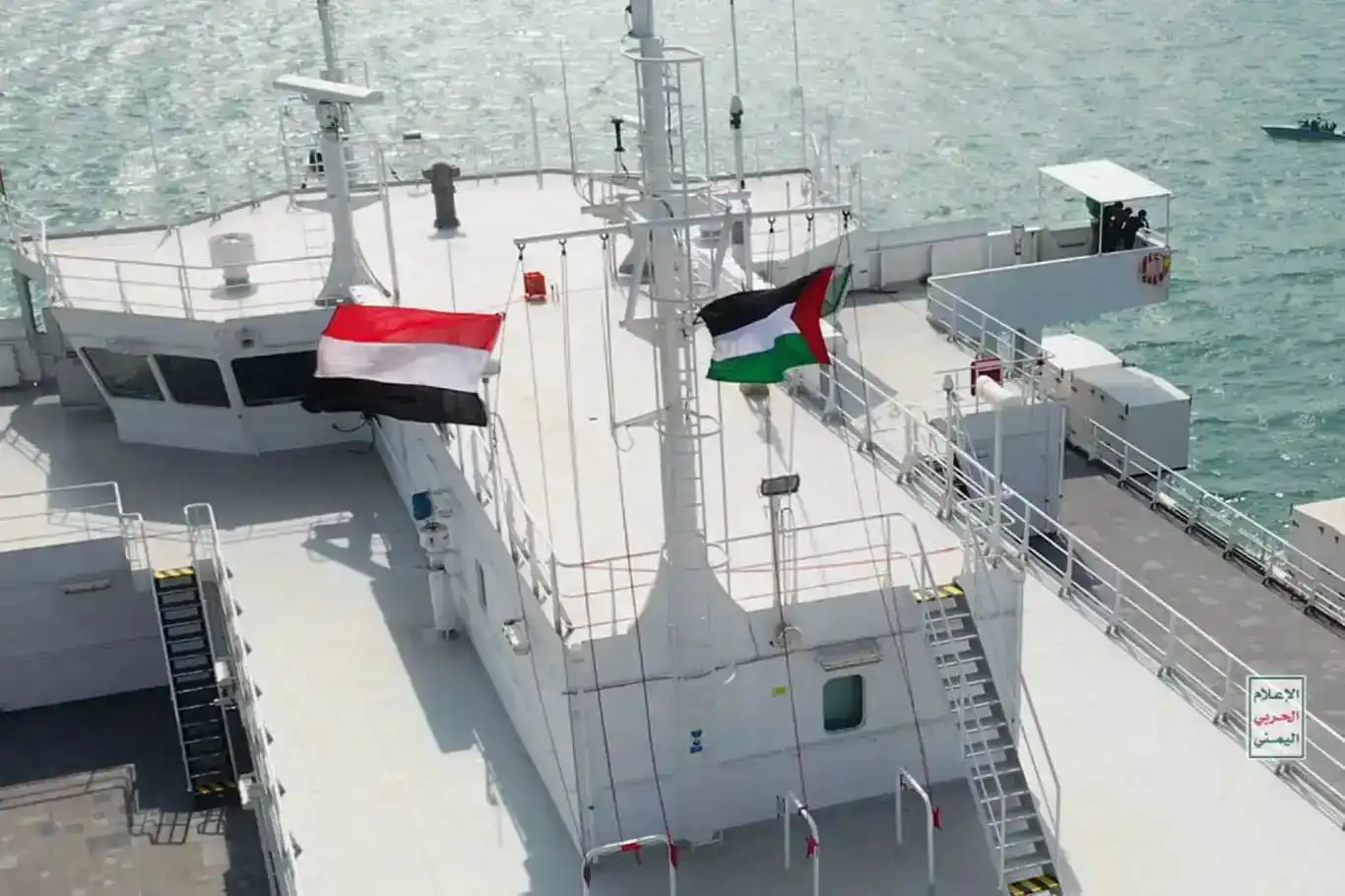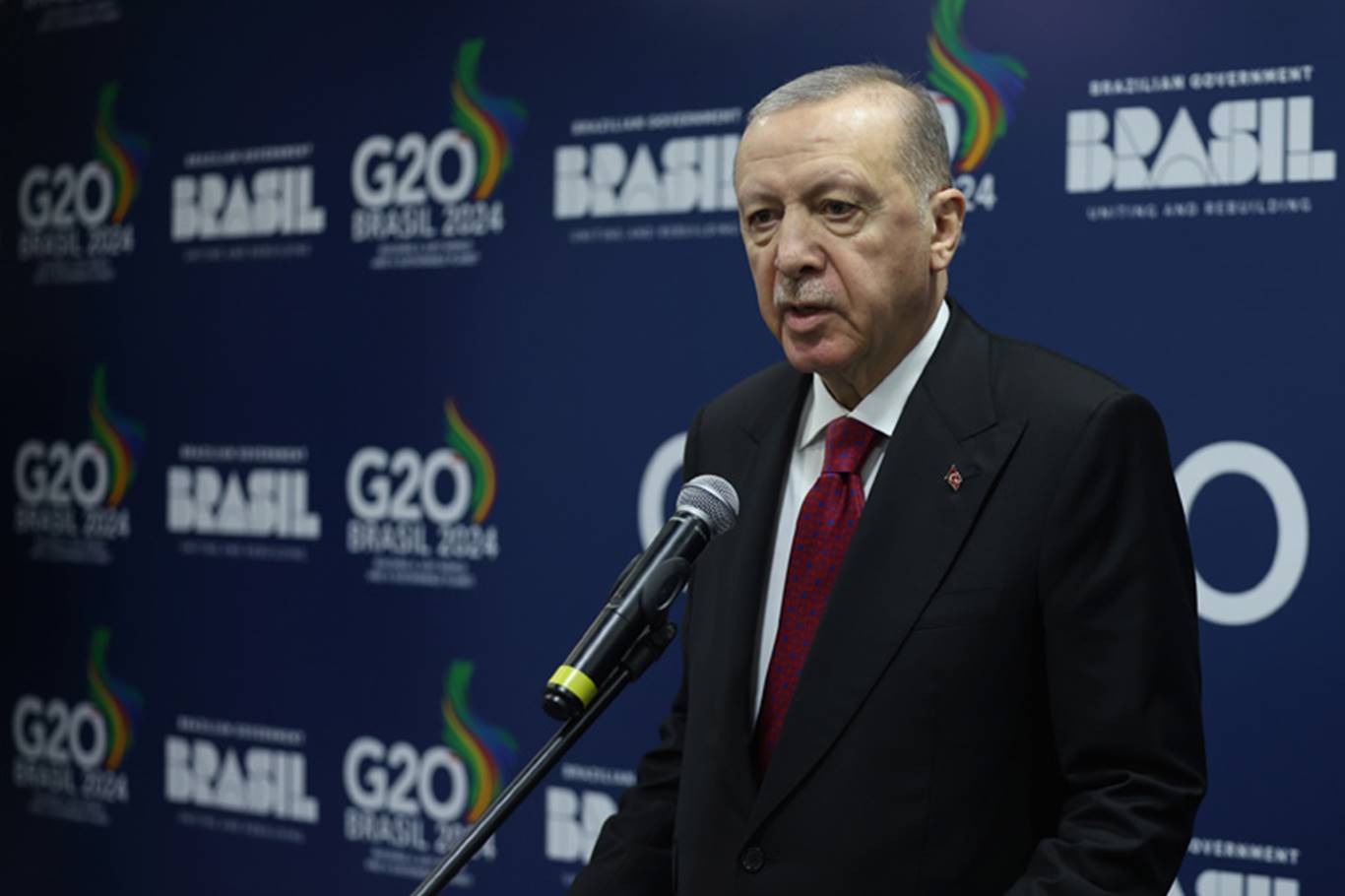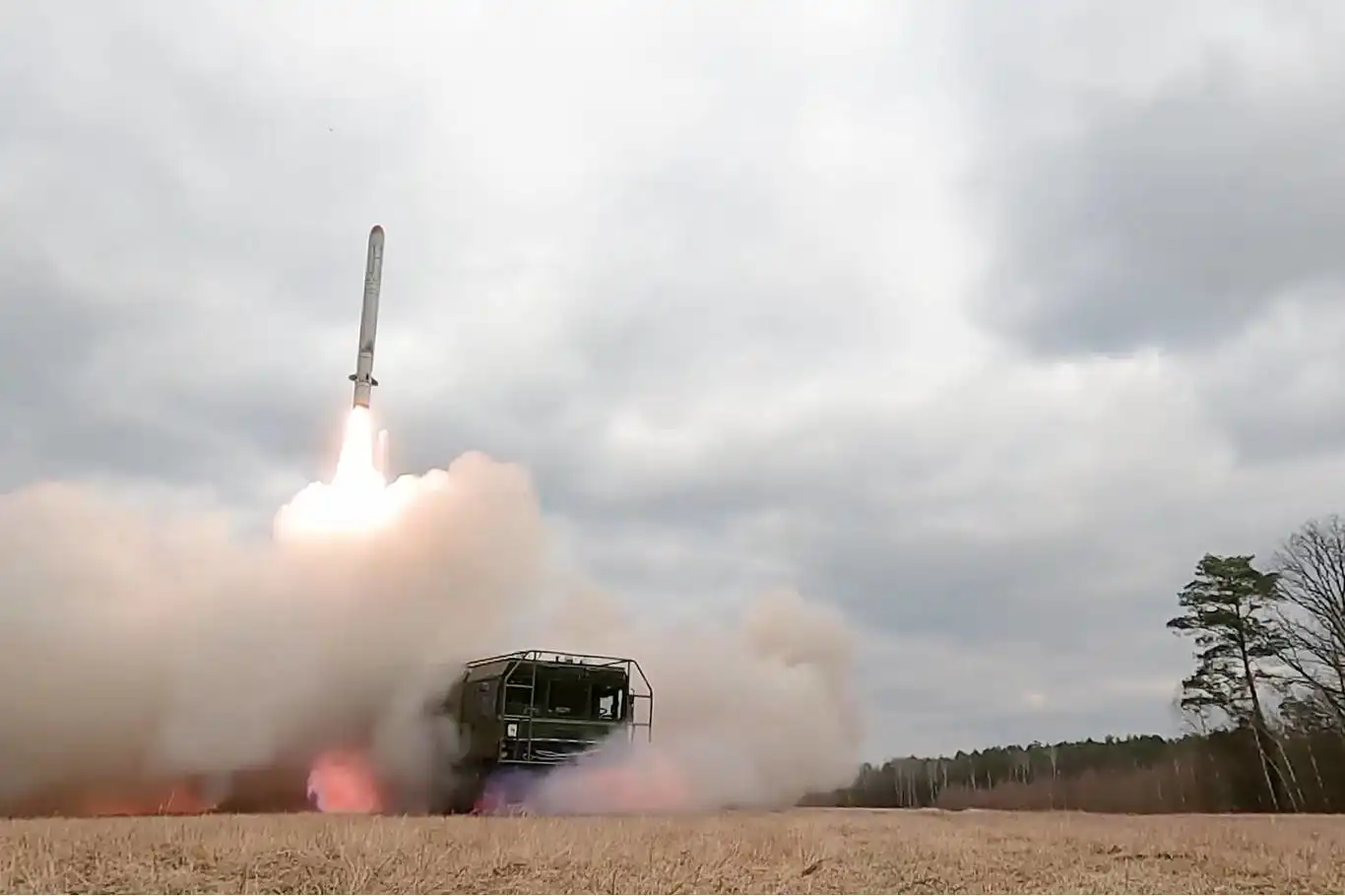Russia, Türkiye discuss revival of Black Sea grain deal
Russia's Foreign Minister, Sergey Lavrov, has stated that Russia will not rejoin a key Black Sea agreement without assurances from Western nations to facilitate Russian exports of fertilizer and grain.

 Google News'te Doğruhaber'e abone olun.
Google News'te Doğruhaber'e abone olun. The announcement came after Lavrov's meeting with Turkish counterpart Hakan Fidan, who is currently on a two-day visit to Moscow.
The focus of their discussions centers around efforts by the United Nations and Türkiye to convince Russia to re-engage with the deal, which initially enabled grain exports from Ukraine, a major global grain producer.
Lavrov has raised serious concerns about Western countries impeding Russian exports of fertilizer and grain. Despite concentrated efforts by both the UN and Türkiye, Moscow has not received satisfactory guarantees to address its apprehensions.
Lavrov underscored that the agreement could move forward swiftly if the required assurances were provided, but without them, progress remains elusive. In an alternative proposition put forward by Moscow, Lavrov advocated for collaboration between Ankara, Doha, and Moscow to combat food security crises in African nations. This scheme involves shipping Russian grain via Türkiye with financial backing from Qatar.
For his part, Fidan expressed optimism regarding the revival of the Black Sea agreement, highlighting that the United Nations has presented a fresh offer to address Russia's reservations. He acknowledged the intricate nature of the issue, involving complex technical details that span financial and insurance transactions.
The recent withdrawal of Moscow from the Black Sea grain deal was attributed to Western sanctions affecting Russian banks' use of the SWIFT international payment system and insurance-related restrictions that obstructed food and fertilizer exports.
Disputes have arisen between Western capitals and Moscow regarding the intended impact of the sanctions. Western authorities assert that the measures were not designed to hinder Russian food exports, instead accusing Moscow of manipulating the issue for political purposes.
The original agreement, brokered by Türkiye and the United Nations in the previous year, facilitated the movement of more than 30 million tons of Ukrainian grains to markets worldwide. After several extensions, Moscow declined to prolong the deal past July 17.
Fidan underlined that their discussions have laid the groundwork for comprehensive briefings to be presented to the leaders of both nations. The diplomats also delved into the situation in Syria, where Russia and Türkiye support opposing factions. (ILKHA)






























